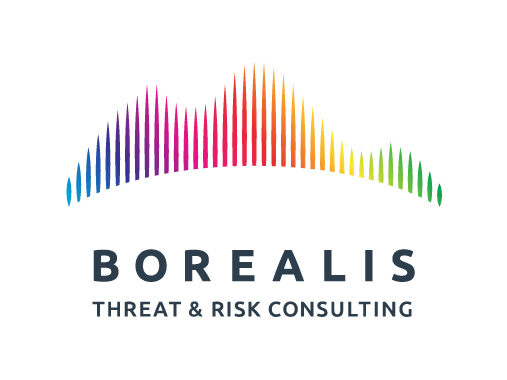Episode 252 – International intelligence sharing is caring
Intelligence agencies have one job: to keep their masters informed while keeping their citizens safe. To this end, these organisations collect data through a variety of means – SIGINT, HUMINT, surveillance, imagery, etc. – and package it up for higher-ups to read and use. Some nations, however, do not have enough resources to meet their intelligence needs and thus enter into agreements with foreign counterparts to exchange information. These agreements are important, but must be carefully struck to avoid embarrassment or outright human rights violations. What happens, then, when a dispute with another country threatens to undo these arrangements?
FBI, French authorities coordinate on Islamic State arrests (voanews.com)
Globe editorial: India is not the friend Canada thought it was – The Globe and Mail
Canadian Security Intelligence Service Act (justice.gc.ca)
Quick Hits
In a world of multiple voices and opinions it can be very hard to know where to turn. One choice is to look to those who actually worked in counter-terrorism in the national security world.
In these short podcasts, 30-year Canadian intelligence veteran Phil Gurski looks at a variety of issues ties to national security and public safety, bith in Canada and abroad as well as insight into what they mean and what we need to do about them.
About Phil Gurski
Phil worked as a senior strategic analyst at CSIS (Canadian Security Intelligence Service) from 2001-2015, specializing in violent Islamist-inspired homegrown terrorism and radicalisation. From 1983 to 2001 he was employed as a senior multilingual analyst at Communications Security Establishment (CSE – Canada’s signals intelligence agency), specialising in the Middle East. He also served as senior special advisor in the National Security Directorate at Public Safety Canada from 2013, focusing on community outreach and training on radicalisation to violence, until his retirement from the civil service in May 2015, and as consultant for the Ontario Provincial Police’s Anti-Terrorism Section (PATS) from May to October 2015.
He was the Director of Security and Intelligence at the SecDev Group from June 2018 to July 2019 and the Director of the National Security Programme at the University of Ottawa’s Professional Development Institute from 2020-2022. Mr. Gurski has presented on violent Islamist-inspired and other forms of terrorism and radicalisation across Canada and around the world.
He writes at www.borealisthreatandrisk.com.
He is the author of The Threat from Within: Recognizing Al Qaeda-inspired Radicalization and Terrorism in the West (Rowman and Littlefield 2015) Western Foreign Fighters: The Threat to Homeland and International Security (Rowman and Littlefield 2017), The Lesser Jihads: Taking the Islamist fight to the world (Rowman and Littlefield 2017), An end to the ‘War on Terrorism , When Religion Kills: How Extremist Justify Violence Through Faith (Lynne Rienner 2019) and The Peaceable Kingdom? A history of terrorism in Canada from Confederation to the present (self-published: 2021, republished by Double Dagger in 2022). He regularly blogs and podcasts (Canadian Intelligence Eh!), and tweets (@borealissaves) on terrorism and intelligence matters.
He was an associate fellow at the International Centre for Counter Terrorism (ICCT) in the Netherlands and is currently a digital fellow at the Montreal Institute for Genocide Studies at Concordia University. He is also a visiting fellow at the International Security and Risk Management programme at the University of South Wales
Mr. Gurski is a regular commentator on terrorism and intelligence for a wide variety of Canadian and international media.

